“It just feels like it’s such a gift… If you’ve got a memorised orchestra, they can really have fun”: Jane Mitchell on Aurora Orchestra’s upcoming The Rite of Spring Prom
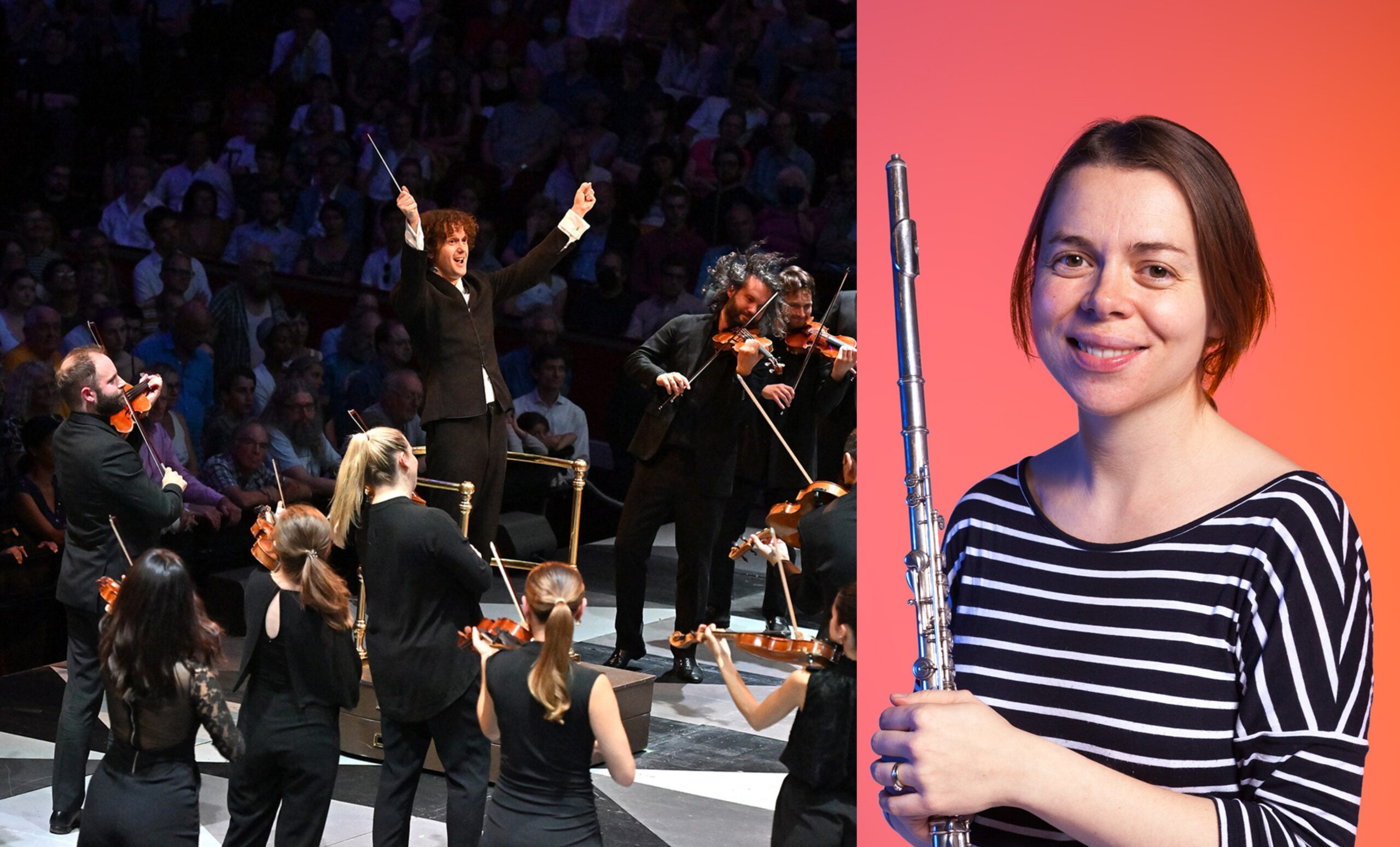
Jane Mitchell is principal flute and creative director of the Aurora Orchestra, an ensemble dedicated to experimentation in the presentation of great classical works. One of their signatures is to perform long and intricate works from memory, seeking a greater connection with both the music and their audience. The ensemble take to the Royal Albert Hall on 2nd September for a performance as part of the BBC Proms series: an exploration and subsequent from-memory performance of Igor Stravinsky’s formidable The Rite of Spring. The Upcoming caught up with Mitchell about the Prom, her role and the Aurora Orchestra more generally.
Hi Jane, thanks so much for speaking to The Upcoming about Aurora’s upcoming Prom. The first thing we’d like to ask you is something you probably hear all the time: why do Aurora perform pieces from memory?
Well, so many reasons, and it’s been a bit of an evolving journey – we’ve done it for nearly ten years now. Originally, we actually did it for a staging reason: we were preparing Mozart 40 with a wild piece by Benedict Mason; he asked for an empty stage, and so we wanted to leave the stage and go and perform his piece and have an empty stage. That was actually the very initial idea – it was, “Well, it would be nice to not need music stands.” That’s the sort of honest original idea, it came from. But, of course, then, when we decided to do it, there were all sorts of other things to explore.
One of the most important discoveries, I would say, personally – and I know lots of musicians say the same – is just the relationship you end up having with that music. So, if all the musicians have been spending months with the parts, ingesting every note, learning every phrase, it’s the complete opposite experience of turning up and seeing what’s there two days before the performance, which everyone can do because professional musicians are such fiercely brilliant sight-readers and these great works are not being sight-read anyway.
That relationship with the music feels very special and intense and, in some ways, I think a lot of players say it’s actually quite a personal thing for them. Having the time and space in life to do that and feel like you’ve really got to know those works is really important. But then, of course, there are hugely brilliant things you can do with the communication with the audience. Audiences do say it’s so fantastic having players with eyes up, at each other, and we stand as well – the movement and communication is all more out there, and it helps people just latch onto the music. You know, classical music can be quite subtle, and it helps people follow our journey through the symphony that we know backwards.
And then the other thing we’ve been discovering more and more is, of course, what you can then do on a stage: you can change how an orchestra is laid out, you can break apart a piece physically and show different solos and get people out to the front. And, of course, there’s a whole world of theatre and being able to use lighting and props and masks and all those things we’ve discovered along the way. But we didn’t start with all those ambitions. It’s been quite an interesting journey of discovery.
Will tackling a piece like The Rite of Spring be your greatest challenge yet in that regard?
I think so, in many ways. A lot of players are saying that they’re sitting in front of pages of music that, normally, if it was, say, a Beethoven symphony… they know, after a few hours, something will go in. And then just… after a couple of days, they’re like, “Nope, it still feels absolutely the same as it did two days ago.” So I think people are having to find lots of new techniques. I think there’s a lot more number play going on, memorising sequences of numbers. I know the bass section has really brilliantly set words to the Sacrificial Dance so that they can do it by syllables – something that’s more memorable than a series of numbers. I think a lot of people are having to find new techniques because it’s quite different.
On the other hand, in some ways, the hardest thing I ever memorised was definitely Brahms’s Symphony No 1, because of the unending chromaticism. And the Rite of Spring is 33 minutes, not an hour! It’s very episodic, so in some ways it is easier, but the rhythms… Yes, it’s different. Some bits are definitely incredibly hard.
How much preparation is going to be required by each individual to pull this off? Much more than a Mozart symphony, for example?
I think it probably is quite a lot more than a Mozart symphony, but not necessarily that much more than Eroica [Beethoven’s Symphony No 3], which took people absolutely ages because it’s quite long, and the Berlioz Symphonie Fantastique – and that Brahms!
It will be really different for different people. Some people do it very intensely in a couple of weeks and they sort of wake up and that’s what they’re doing all day. I’ve always preferred the approach of doing it early on, so for a few months, but little bits each day. I’ve always done it by printing out my part and having it in my pocket, so whenever I’m on the Tube or I walk somewhere, I’m learning it in all those pockets of time, whereas some people prefer to get at it: they have a day, they get a score, they listen to the thing, they mark with a highlighter. People will be very different, but hours and hours and hours. I always feel as though I didn’t really notice those hours because they’d be hours when I’d perhaps be scrolling on my phone. But I know that it does add up to… many. Many hours.
Does it necessitate a bit of a passion project on the part of each individual given that, with all the extra hours of preparation required, it effectively doesn’t pay all that well compared to other orchestral work out there?
There is a proper memorisation fee! It really depends – sometimes you do quite well out of it! It’s funny, sometimes I’ve gone to a third movement of Beethoven and half an hour later it’s in my head. But it’s very, very difficult to calculate because, of course, the opposite also happens. You’ll get a page and think, “Oh, I’ll do this before lunch,” and then at lunchtime nothing has gone in. I think it’s a mix; it doesn’t add up to nothing and that’s something we’re very mindful of. There’s a constant big dialogue with players all the time, feeding back about how many hours [they put in] and how the fee is reflected. But, yes, people have to be up for it personally as well.
What’s it like for a chamber orchestra like Aurora to welcome so many guest players in order to put on a large-scale work like this?
It’s always great. It’s really exciting. We do do mostly chamber orchestra things, but we’re also a very project-based orchestra, so every project feels very unique and very different. So it will all just feel like another big thing happening, and our Proms often feel like that. It’s like, “Well, this is the Proms project,” and when we did The Firebird there were also lots of guest musicians.
We’re doing a project in the autumn, which is very percussion and wind-based. And then we’re doing a performance of Winterreise in the spring, which is single strings. We’re quite used to feeling quite different and I think, actually, players really like the idea that each project really gets its flavour from the music itself. That’s what it feels like – it’s not just, “Oh, another Aurora project,” it’s like we’re meeting for Winterreise or we’re meeting for The Rite of Spring and, of course, that’s going to feel really different from when we did that folk collaboration with ten of us last week, but we’re sort of used to that change because we’ve always worked in that way with projects.
And many of your members have a portfolio of other work playing all sorts of things alongside a whole host of different people?
Yes, exactly. And I think, in a way, that’s one of the advantages of being quite project-based: that everyone’s bringing other experiences to it and there can be fatigue that comes with the idea of a very similar setup playing very, very regularly. We don’t have those feelings – it’s always coming together for something that feels quite unique; people bring all sorts of different experiences to it.
As creative director for the ensemble, what made you and the other organisers choose The Rite of Spring for this project? Were you looking for something big to pull off for Aurora’s Prom coming late in the season?
Yes. It was always joked about when we were first memorising pieces. People were like, “What next? The Rite of Spring?” and I think we always used to say to the Proms, “Obviously we’ll do that sometime if you give us the opportunity.” In a way, it’s a bit of a cheeky, “What’s the most ridiculous thing to memorise? The Rite of Spring.” But I think also we’ve been working with the Proms for years now with these presentations of works, where we talk to the audience, we give a bit of context and we also break apart the score, show some of the musical intricacies and how it’s written. And The Rite of Spring is such a gift for that and it feels like, having memorised it as an orchestra – apart from the performance of the work being really special – I think doing all those other things with it, where we break it apart, bring instruments to the front, show those textures and instrumentations – all those reasons why it has that impact on the listener – it feels like, “Well, please can we do that?”. Because no one else has ever been able to do that before. Plus, we’re working with actors to tell the story. It just feels like it’s such a gift – like the Berlioz was. Those pieces that have such theatrical elements, if you’ve got a memorised orchestra, they can really have fun with that.
It seems you won’t be performing in this particular project as you have taken on a lot of organisational responsibility. If you were, though, which part would you fancy?
Definitely the best part in the flute section is the alto flute. Often, in orchestras, the principal flute will opt for the alto flute part, but that’s also slightly the egotistical choice, so it’s also quite nice to invite a guest in to play that part. I don’t know… I would have had to make that decision, but everyone really likes the alto flute part…
Will Snell
For further information about Aurora Orchestra and future events visit their website here.
Buy tickets for Stravinsky’s The Rite of Spring at the Royal Albert Hall here.


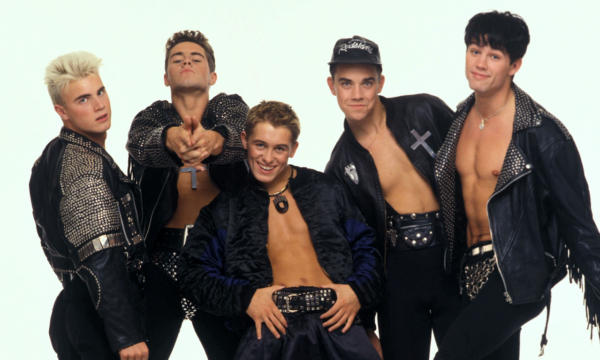






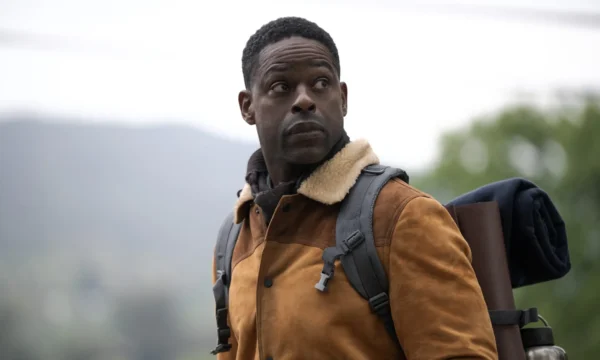











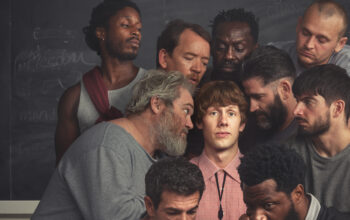
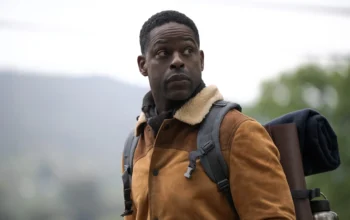
Facebook
Twitter
Instagram
YouTube
RSS